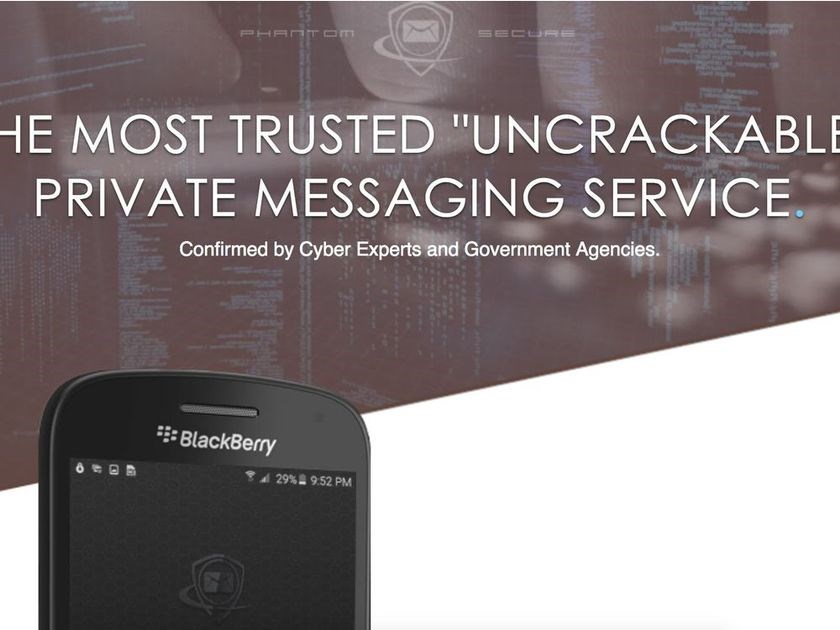VANCOUVER — A Vancouver businessman alleged to have sold encrypted BlackBerrys to international drug-trafficking organizations has been charged in the U.S.
On Thursday, Vincent Ramos, who owns Phantom Secure, and four international associates were indicted by a federal grand jury in Washington for conspiring with global drug traffickers by providing encryption services to evade law enforcement.
Ramos and the four others — Kim Augustus Rodd, Younes Nasri, Michael Gamboa and Christopher Poquiz — are charged with participating in and aiding and abetting a racketeering enterprise and conspiring to import and distribute controlled substances around the world.
He was arrested in Bellingham, WA., two weeks ago and also faces racketeering, drug-trafficking, conspiracy and money-laundering charges in San Diego.
The U.S. alleges he sold 20,000 of his specialized devices, as well as access to his encrypted communication network, to organized crime groups around the world, including the deadly Sinaloa cartel in Mexico, headed by Joaquin (El Chapo) Guzman.
Documents obtained by Postmedia show Ramos used shell companies and crypto currencies to allegedly launder “tens of millions” of dollars of his illicit profits. The latest indictment alleges Phantom Secure generated approximately $80 million in annual revenue since 2008.
This is the first time the U.S. government has targeted a company for conspiring with criminal organizations by providing them with the technological tools to evade law enforcement and obstruct justice, according to the U.S. Department of Justice.
U.S. Attorney General Jeff Sessions says the indictment sends a clear message that drug traffickers and criminals cannot hide, because they will “hunt them down and find them wherever they are.”
Ramos has made his first appearance in the Western District of Washington last week and will face charges in San Diego. The remaining four defendants are fugitives.
According to court documents, Phantom Secure advertised its products as impervious to decryption, wiretapping or legal third-party records requests. It’s also alleged that Phantom Secure guaranteed the destruction of evidence contained within a device if it was compromised, either by an informant or because it fell into the hands of law enforcement.
The international operation to arrest Ramos and seize Phantom Secure’s infrastructure involved authorities in the U.S., Australia, Canada, Panama, Hong Kong, and Thailand.
Over the past two weeks, in cooperation with Australian Federal Police and RCMP, more than 250 global agents conducted approximately 25 searches of houses and offices of Phantom Secure associates in Los Angeles, Las Vegas, Miami, and in Australia and Canada, seizing Phantom Secure devices, assets, and evidence of the charged crimes.
Australian authorities allege Phantom Secure was the first encrypted communication platform available on a wholesale scale in Australia, and was the largest single supplier to the Australian organised crime market.
Timothy O’Connor, executive director of the criminal investigations division of the New South Wales Crime Commission, says disruption of the Phantom Secure platform has been one of the most significant blows to organized crime in Australia.
— With files from Kim Bolan



